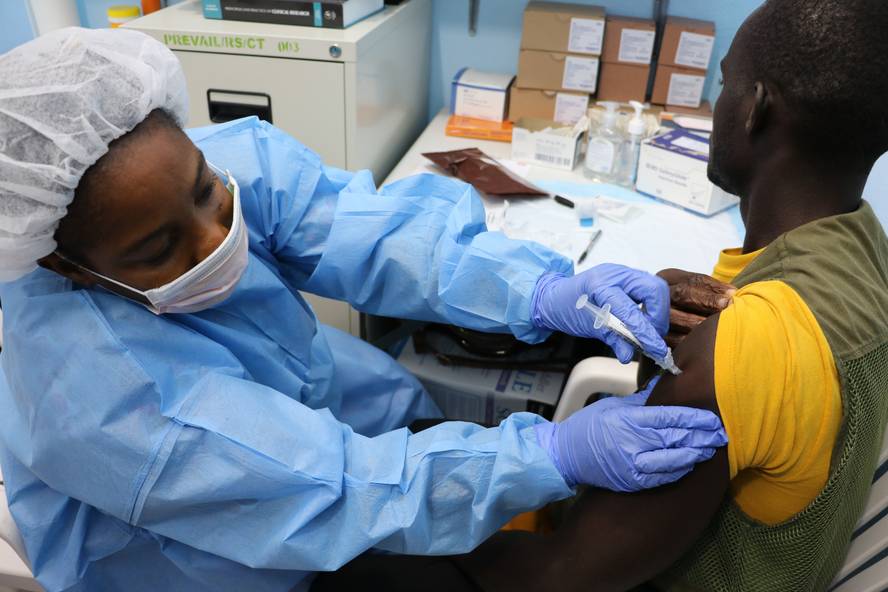WHO promotes global testing of four treatments against COVID-19
Laboratories around the world work against the clock to develop anti-virus drugs SARS-CoV-2. To save time they have come to drugs already developed. These drugs were generated to treat diseases caused by other coronavirus (MERS and SARS) or to fight viruses that, belonging to another family, use pathogenic mechanisms similar to SARS-CoV-2. Of all these, the WHO has selected four that generate the highest expectations to test them globally.
The project, called Solidarity, will have the participation of patients from Spain, France, United Kingdom, Germany and Holland in Europe. The goal is to achieve effective treatments to help patients heal and protect health personnel in the shortest time possible.
One of them is the remdevisir. It was developed to combat Ebola and consists of inhibiting an enzyme, rna-polymerase, necessary to reproduce the virus. Last year it was tested on the Ebola outbreak in the Democratic Republic of Congo and did not give good results. However, in laboratory and animal experiments it has been shown to be effective against viruses that cause SARS and MERS.
In the US. They have already replaced very serious patients and it seems that the result has been good. However, no conclusions can be drawn from these individual cases. Therefore, it will be tested in the clinical trials led by WHO.
Chloroquine and didroxicloroquine are other drugs that will be tested. The cells are based on the acidification of a structure, the endosomal, which is used to introduce external material. They have been tested against dengue and chikungunya, but in humans too much doses were needed. Now in China, France and the US have been tested to treat covid-19 and the results are unclear. Hydroxychloroquine, for example, warns of side effects in the heart.
They will also analyze Ritonavir and Lopinavir. The combination of both drugs was approved in the US in 2000 to treat HIV infections. Lopinavir was developed to inhibit HIV protease and ritonavir protects lopinavir, which is rapidly destroyed by the body. The tests carried out against MERS and SARS viruses have given confusing results. In the case of COVID-19, initially they have not yielded good results, but have highlighted the severity of the patients.
They will finally test this same combination along with interferon. The latter controls inflammation and the sum of the three is being tested against MERS in Saudi Arabia.






